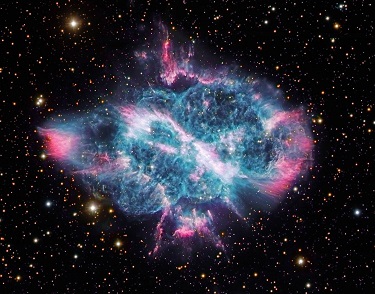|
home | what's new | other sites | contact | about |
||||
|
Word Gems exploring self-realization, sacred personhood, and full humanity
Reincarnation On Trial
return to Reincarnation main-page
Someone was speaking of the life, and obstacles overcome, of a certain accomplished individual. It was put forward that, as old age approached, sterling character had been achieved, the result of having consistently chosen the good and denied expression of base passions. Is this how “the good person” comes into being? Well, on a certain surface-level, the assessment is true enough. Making good choices, in the face of contrary inclination, can produce a character and disposition amenable to general civility in the world. But does it produce the authentically “good person” way down deep? I would direct the reader to my four “spirituality” articles for a more complete discussion, but does trying very hard to do the right thing, or expending much will-power in the direction of moralistic living, become the key to perfecting character? Today, we find a surfeit of individuals, often in their conspiratorial ways, at the highest levels of society, intent upon defrauding the general welfare -- and it would be a big step up if these disingenuous ones would at least “try very hard to be good.” But even if they, along with the rest of us, embarked upon a better program of honoring will-power and firm resolution to “do the right thing,” I suggest that it wouldn’t be enough. Even the experience of an entire life-time of making altruistic choices cannot produce the authentically spiritually mature “good person.” the ‘nebula theory’ of reincarnation All of this is reminiscent of the theory of reincarnation. It proposes that, eventually, all sorts of experiences, good and bad, in the end, will winnow toward a preponderant selection of charitable experiences, thereby creating the sought for “good person.” Astro-physicists’ conception of how stars are formed, in principle, echo this dynamic. They say that dust and gas are eventually drawn together by gravity to form lumps, and then bigger ones. These growing lumps, increasingly subjected to pressure and heat by the incremental advance, later ignite to form stars. Reincarnationists contend similar. A growing bank of experiences, both good and bad, over a multitude of lives, they say, eventually lead one to regularly choose “the good.” This amalgam of experience, at some later point, under the weight of having experienced nearly everything, it's posited, “ignites” to create the stellar “good person.” But this is not how it works. What is wrong with this common view? The central error becomes this: We don’t need to create the “good person” and cannot do so by "trying very hard." The "good person" already exists at the center of being. Our task is to open our eyes to the innate and sacred “made in the image” status. We have discussed this “opening of the eyes” on a thousand Word Gems pages. Nothing needs to be added to ourselves, no enhancement required. We already possess intrinsic goodness via our soul-connection to God. Experience might educate, amuse, direct, sadden, or sharpen focus, but it has nothing to say about what we are at the core of being. The soul ever resides as "unmoved mover," jealously guarding its hegemony. The fundamental problem with the “will-power" road to becoming good is that, while mental habit patterns, cultural conditioning, custom and convention can lead us to make good choices, usually via "carrot-and-stick", none of this “trying very hard” can expunge the “worm at the center,” as the great psychologists use the phrase. It cannot eradicate the systemic egoic sense of “I don’t have enough” because “I am not enough”. What’s needed is a mystical experience, an “opening of the eyes” to the inner riches. In receipt of such, this timeless moment of cosmic clarity, we change easily, quickly, and naturally.
Everything that has a beginning is also subject to an ending. But there exists a domain beyond the reach of time’s degradation. There, things simply exist, eternally, have always been, have no opposite, no duality, and do not suffer loss.
No need for a hundred thousand lives -- which, in any case, would just be a repetition of one egoic life cloned thousands of times. What we are at the core of being with the "awakening of the soul" naturally emerges and then becomes one's predominantly-displayed "surface" self. It’s a process led from the “inside out” -- not by any externality, including experience, even good experience, which cannot touch the soul; the soul is an extension of God, and good luck to us trying to manage it -- but, once the evolvement begins in earnest, we are held in thrall by one's own metamorphosis, and will find it difficult to shut down this advance of spiritual maturity. The whole concept of "R" is built upon faulty perceptions of reality.
|
||||
|
|
